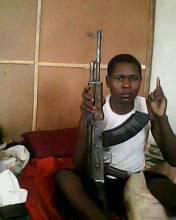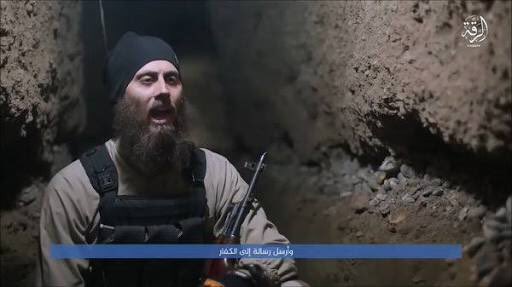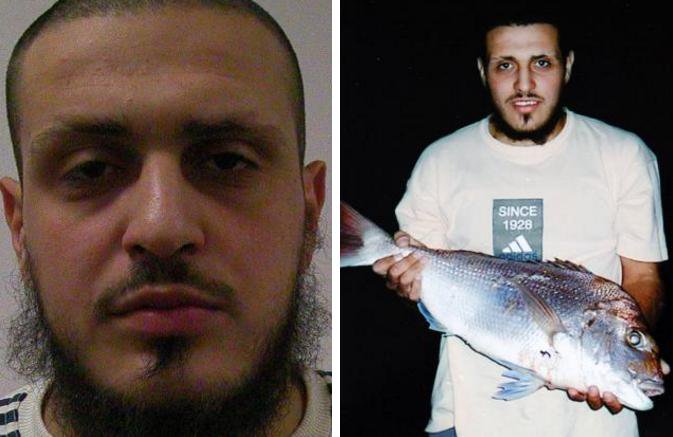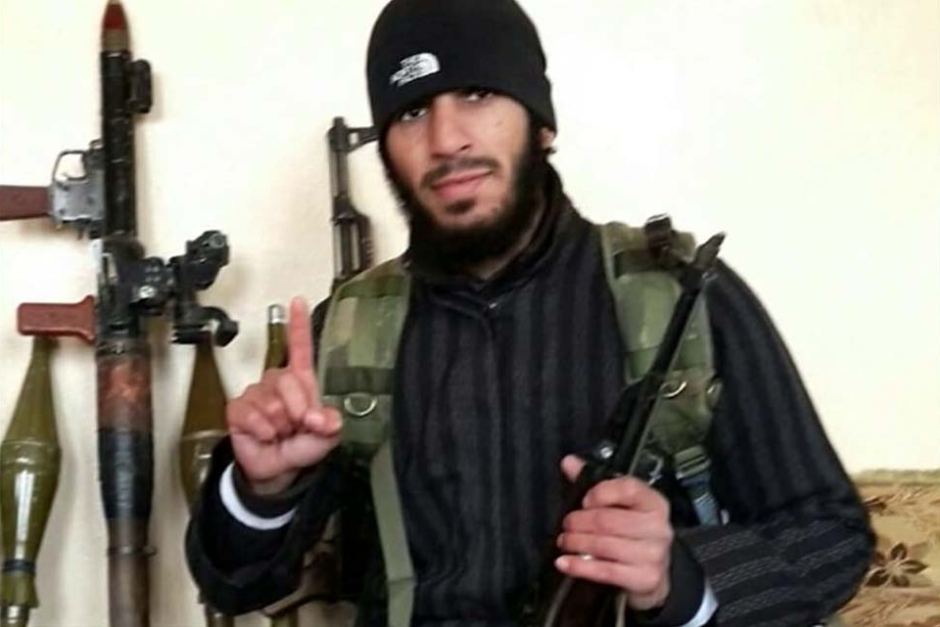Rabin was persuaded.
I was very tired. I asked him if he was tired, and he said no. I asked him to come in to sleep, and he said that he had a lot of work to complete.
After she finished telling him the dream, Abu Jihad took off his glasses and said, “Oh, Hanan, yes, yes, I am on my way to Jerusalem.”
They couldn’t wait that long.
Yaalon: “Okay, Richard, I understand.”
Willy: “Negative.”
A Sayeret Matkal man, clad in black, his face masked, bounded to the top of the stairs. Lev, the commander, followed close behind. Abu Jihad pushed his wife farther into their bedroom.
Intisar crawled to her husband, wrapped her arms around him. A commando put a pistol in her back, shoved her hard to the wall.
Nidal, the baby boy, was awake and screaming. Intisar was sure he’d been hit, too. A voice downstairs was yelling, “Aleh! Aleh!”—Faster! Faster!
“Bas!” Intisar cried. Enough!
Abu Jihad had been shot fifty-two times. Twenty-three years after Golda Meir signed the first red sheet on his life, he was dead.










